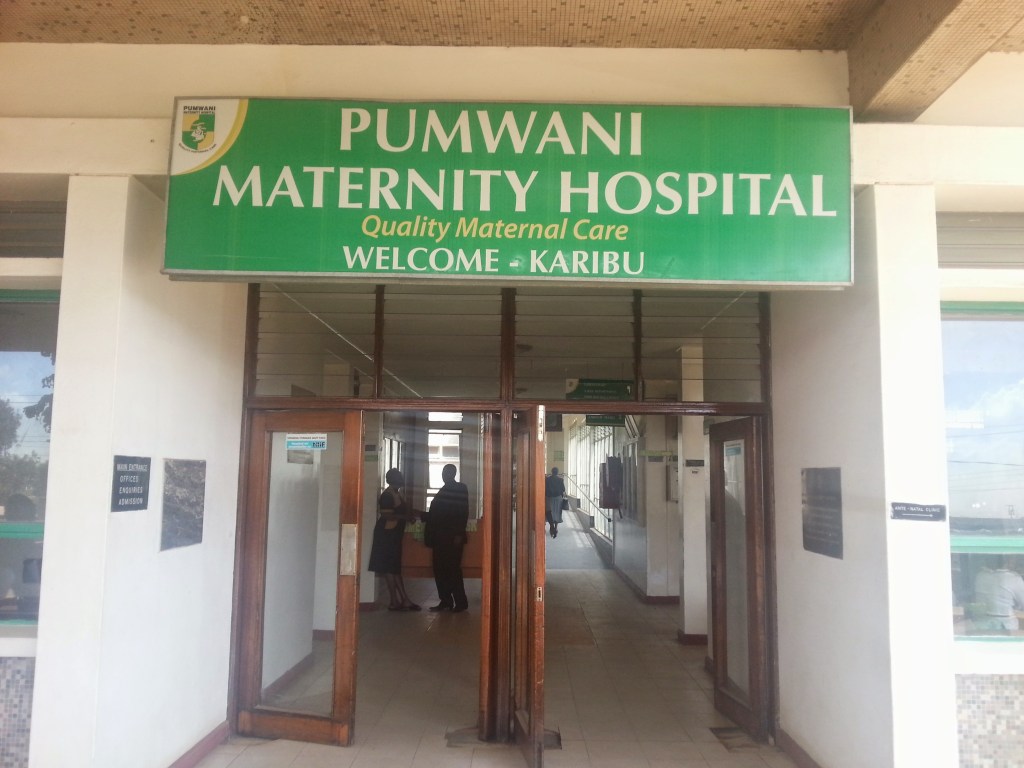The Kenya Union of Nurses (KUN) has confirmed that 15 nurses at the Pumwani Maternity Hospital have tested positive for the novel coronavirus disease.
Boaz Onchari, the KUN Nairobi Chairman, said COVID-19 is real and the trend is worrying.
“I cannot tell the accumulative number of health workers at the hospital who have tested positive. But I can speak for nurses and I can confirm that 15 of them have tested positive,” said Onchari.
According to KUN Nairobi branch Chair Onchari, none of the nurses is in a critical condition as most of them are asymptomatic.
Further reports indicate that at least 22 health workers working at Pumwani Hospital have contracted the virus in the line of duty.
Onchari also confirmed reports that two nurses from other facilities in the country had succumbed to the respiratory disease.
So far, a total of three health workers have succumbed to Covid-19 related complications in the past one week.
Dr Doreen Adisa Lugaliki was the first health worker to die of Covid-19. Dr Lugaliki served as an Obstetrician & Gynaecologist at the Nairobi South Hospital and had been admitted to the Aga Khan Hospital ICU unit on Monday night. She passed away on Friday morning.
Her family said that she had been diagnosed with diabetes.
So far, according to the ministry of health, more than 250 health workers have contracted the contagious disease since its outbreak in the country.
Following the three deaths, the Kenya Medical Practitioners, Pharmacists and Dentists Union (KMPDU) has called on the government to better both public and private health facilities in the country to reduce the risk of exposure of frontline health workers to Covid-19.
“KMPDU mourns the death of Dr Doreen Adisa Lugaliki who passed on due to COVID-19 contracted at the workplace. We reiterate & remind GOK & ALL Private health facilities that the Welfare, Occupational Safety & Health of frontline workers is a non-negotiable Minimum!!” said KMPDU.
Throughout the COVID-19 pandemic, nurses have been given unprecedented media attention for their daily, selfless sacrifices.
Make no mistake. COVID-19 patients recover largely because of the nursing services they receive. Yet, hidden within the layers of care rendered by nurses are the psychological traumas they endure.
Now, as nurses are hailed as health care heroes during the pandemic, we’re faced with what to do about these psychological injuries largely for the rest of us who depend on them.
Prior to the pandemic, nurses faced ethical and personal safety dilemmas during disasters and other emergencies. They saw patients suffer, not only from the illness itself but also because of health care interventions, otherwise known as medically induced trauma (think of a patient on a ventilator).
I have learned of yet another type of psychological injury: insufficient resource trauma. This occurs when nurses don’t have the staff, supplies, knowledge or access to other professionals to fulfil ethical or professional responsibilities. The pandemic has been a dark catalyst for seeing this urgent concern.

Nursing care is both an art and a science; it is a distinct profession that wields enormous influence on those who need the most help. They do not merely follow instructions from other providers.
It’s a beautiful profession, unlike any other, founded on intellect, judgment and a caring spirit. It pushes a person to examine values such as social justice and the ethics of life, and it becomes a part of who a nurse is.
Until all of us see nursing this way – and until organizations provide sufficient resources to prevent avoidable trauma, which will allow nurses to provide safe, quality care – nurses will continue to suffer.
More will choose to leave the profession. Particularly now, that’s a loss society can’t afford.
















